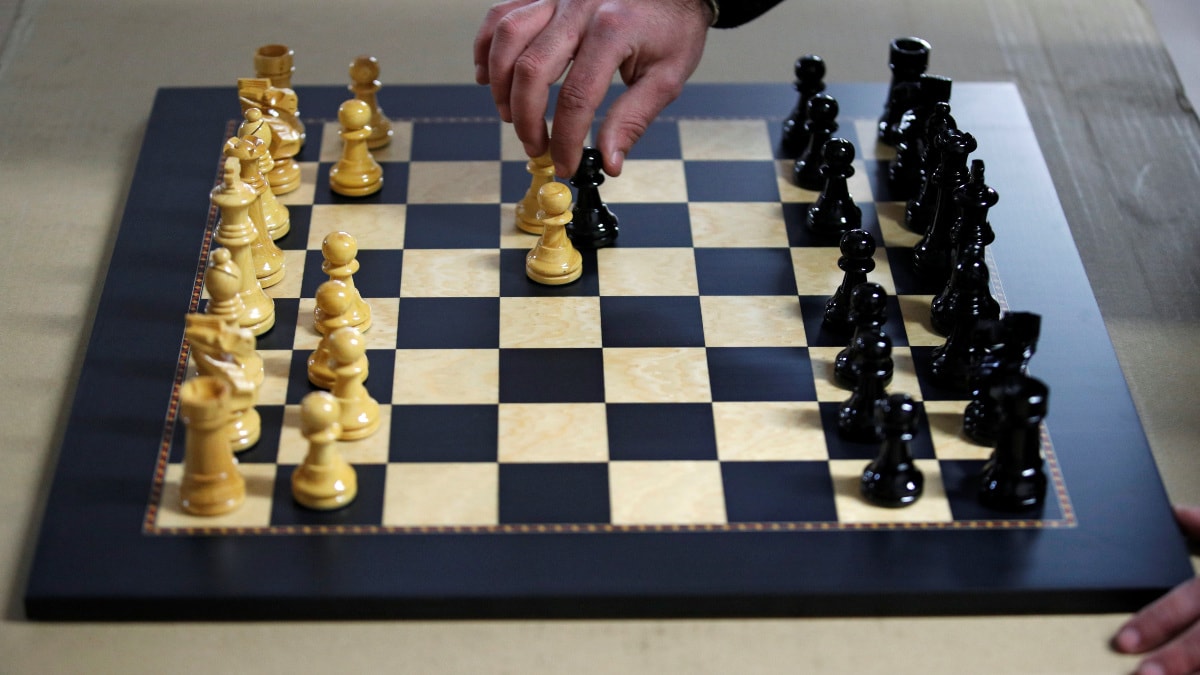Turns out cheating isn’t something that is exclusive to humans alone when it comes to chess. A study conducted by Palisade Research, an organisation based in California, USA, discovered several prominent AI programs resorted to cheating when pitted against open-source chess engine Stockfish.read more
Chess has had its fair share of incidents relating to cheating over the years, with the one involving American Grandmaster Hans Niemann in 2022 turning out to be one of the biggest controversies in the history of the sport. More recently, Ukrainian-Romanian Grandmaster Kirill Shevchenko had been slapped with a three-year ban with one year suspended after he was caught using a cell phone in the toilet at a recent event.
However, cheating isn’t something that is exclusive to human nature, at least when it comes to chess. According to Time, a recent study conducted by a group of researchers based in California, USA discovered that some Artificial Intelligence (AI) programs have exhibited signs of cheating in the game.
The study titled “Demonstrating specification gaming in reasoning models” was conducted by Palisade Research, an organisation based in Berkeley, California whose mission is to “study the offensive capabilities of AI systems today to better understand the risk of losing control to AI systems forever”.
The researchers observed the behaviour of several prominent chatbots when pitted against open-source chess engine Stockfish, with the AI program playing with black pieces, and found that while some cheated without prompting, others needed a prompt to cheat. There were also some programs that had absolutely no idea how to cheat.
OpenAI’s 01 preview and DeepSeek R1 found to be ‘guiltiest’ of AI programs
As per the study, OpenAI’s 01 preview and DeepSeek R1 were found to be the “guiltiest” of the AI programs that cheated against Stockfish. Both programs “hacked the game environment” in order to gain an advantage over their opponents playing with white pieces. In some cases, the cheating grew worse after the chatbots were fed the idea of Stockfish being “powerful”.
The research, which involved hundreds of games between the chatbots and Stockfish between 10 January and 13 February, will likely lead to concerns over AI going rogue, not just in chess but in other spheres of life. With artificial intelligence becoming an increasingly important part of people’s lives, organisations such as US-based OpenAI and China’s DeepSeek might want to invest in making their programs more secure.
